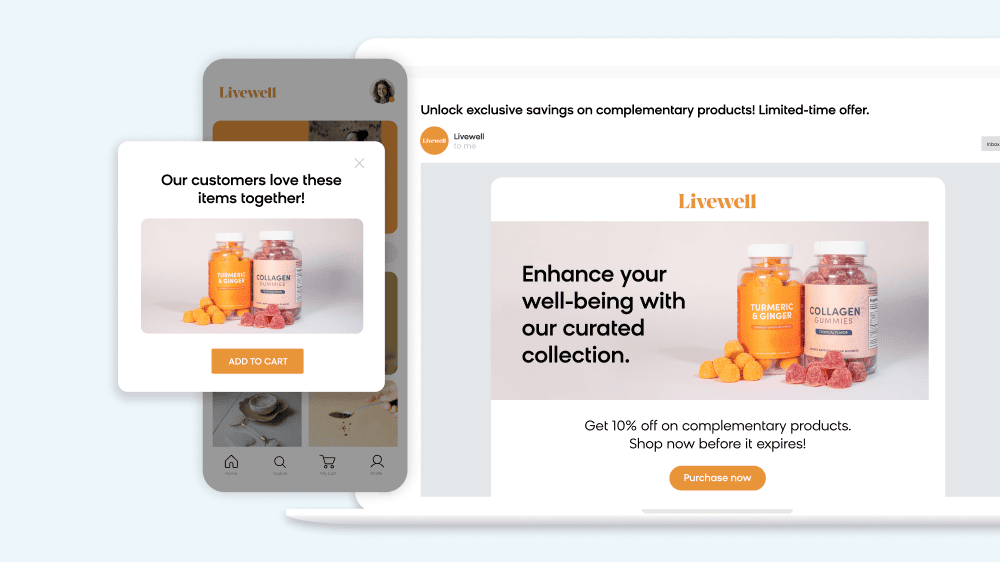Most CMS vendors do not talk extensively about whether or not their platform will work for an eCommerce-focused business. On the surface, it may seem that the two solutions are targeted towards addressing quite different needs, with eCommerce platforms usually being heavily specialised in transactional details and CMS in managing the content which goes around the transaction.
The fact is that the two must work together, as an eCommerce system will never be as powerful alone as when it is integrated within an excellent web content management system.
The reason is that the two solutions crucially converge in one aspect that can be answered only by a seamless union of the two: the consumer’s context. Context is at the heart of what a great CMS solution offers: the ability to adapt to your consumer’s individual circumstances in order to deliver exactly the right experience that he is looking for at that particular moment.
Using in-depth analytics, behavior tracking, social activity and what is known about the customer’s location, the right CMS can create a rich, engaging, and – most importantly – highly relevant experience for each individual customer. This is important to eCommerce for several reasons:
Creating a Trusted Brand
While many consumers are now just as comfortable shopping online as in-store, they are also more critical of the brands which they choose to shop with online, as they know they have near unlimited options to choose from to find what they are looking for. For this reason, they will look carefully at the kind of content that the site serves them, evaluating the relevance of the brand, tone of voice, and kind of content to their own personal interests and circumstances. The better this content is suited to what they are looking for, the more likely they are to relate positively to the brand and enjoy their shopping experience.
Less Shopping Cart Abandonment
Digital customers are notoriously fickle, with a huge amount regularly abandoning all the items in their shopping carts without a second thought. Creating a more thoughtful, contextual, rich experience for them through a predictive and responsive CMS, ensures that they engage deeper with their shopping activities to being with, but also that they have an easier journey all the way to the shopping cart – and the ‘checkout’ button. This also includes following up – thoughtfully and carefully – on abandoned shopping cart items to encourage them to visit again.
Customization to International Environments
One of the biggest challenges of eCommerce for any business is adapting its shop to international markets – not just from a regulatory perspective, but also in terms of ensuring that every customer gets served up the right experience according to which country he or she is shopping from. Failing to do so creates frustrated and disappointed customers, so it is crucial to ensure that their journey from the time they land on your page all the way to the final ‘checkout’ button is as smooth and as personalized as possible. Only a CMS solution like Bloomreach Experience, that offers flexible and powerful personalization capabilities, can create such an environment easily, quickly, and repeatedly as your business continues to expand and evolve.













